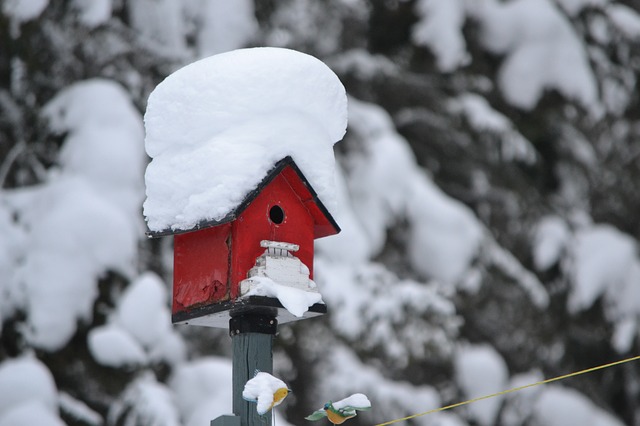
Yes, sewer pipes can freeze if they are not property insulated or poorly installed.
Note that in general, storm sewer lines are more likely to freeze than sanitary sewer lines. The reason is that sanitary sewer lines carry hot water and they generally draw heat from the public sewer system.
Here, in Georgia we don’t have too many days of freezing weather.
But that doesn’t mean that we don’t get ANY days of very cold weather that can sometimes dip below freezing.
We all know (or should know) that when the temperature drops below 32 degrees, we must protect the pipes in our homes that are exposed to the cold.
This includes pipes that are in your outer walls. Oftentimes this means the walls in your garage.
Water expands as it freezes. So, any water inside your pipes will freeze and expand. Which in turn causes the pipes to crack and burst.
The same holds true for sewer pipes.
The difference is that normally, sewer pipes are installed with proper insulation so that this scenario of cracked pipes due to freezing temperatures is avoided.
How Can You Tell If Your Pipes May Have Frozen?
Of course, the best way to prevent freezing pipes is to make sure there is proper insulation.
But, you may not be aware of the level of insulation (or lack of) in your sewer pipes so here are some tips on how you can identify if your sewer pipes have frozen.
- Any sign of water puddles (big or small) are normally an indication that there’s a crack in a pipe nearby.
- If you hear gurgling sounds coming from your pipes, then something is not right – if the temperature has gone down below freezing – your pipes may have frozen.
- Any foul smell coming from your drainage system is also an indication that there’s either a severe clog causing a backup or a crack in the pipe.
- If you can see frost on your pies – that’s definitely a sign that your pipe has frozen.
- if you aren’t getting any water when you turn your faucet on – and the temperature has dipped down below 32 degrees – well that’s also a tell tale sign that your pipes may have frozen.
How To Prevent Frozen Sewer Lines
Here are 5 tips that you can use to prevent your sewer pipes from freezing in the winter.
- If you have identified that your pipes are or may be frozen or if they’ve burst – you want to shut off the water flow – so familiarize yourself with where the shut-off valve is in your home.
- When it gets cold outside – increase your water heaters temperature a few degrees.
- If you have any pipes exposed to the outside – do what you can to insulate them as much as you can.
- Turn on outdoor faucets so that water comes out in a dribble. This keeps moving water in the pipes and helps to prevent freezing.
- If there is a good accumulation of snow around water drains – make sure to clean that out as soon as possible.
If you have any questions about your sewer pipes, call Atlantis Plumbing today at 770-505-8570– 24 hours a day, 7 days a week!